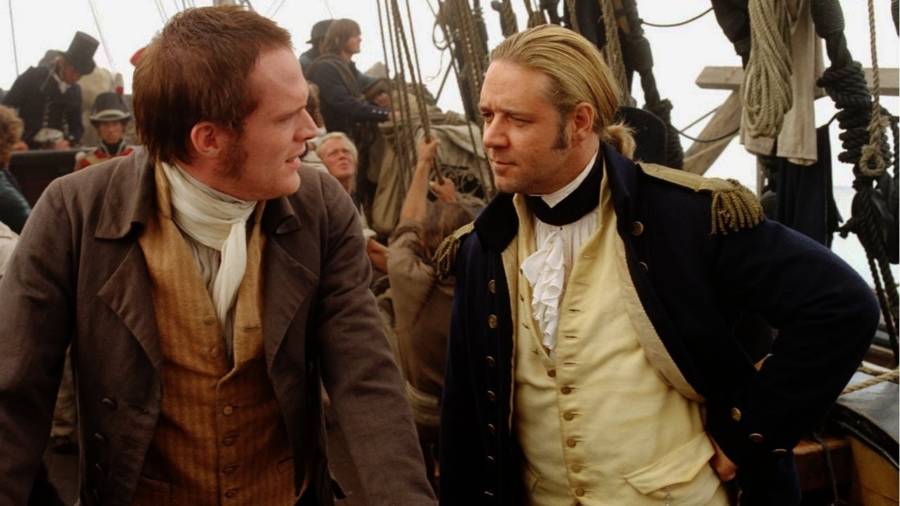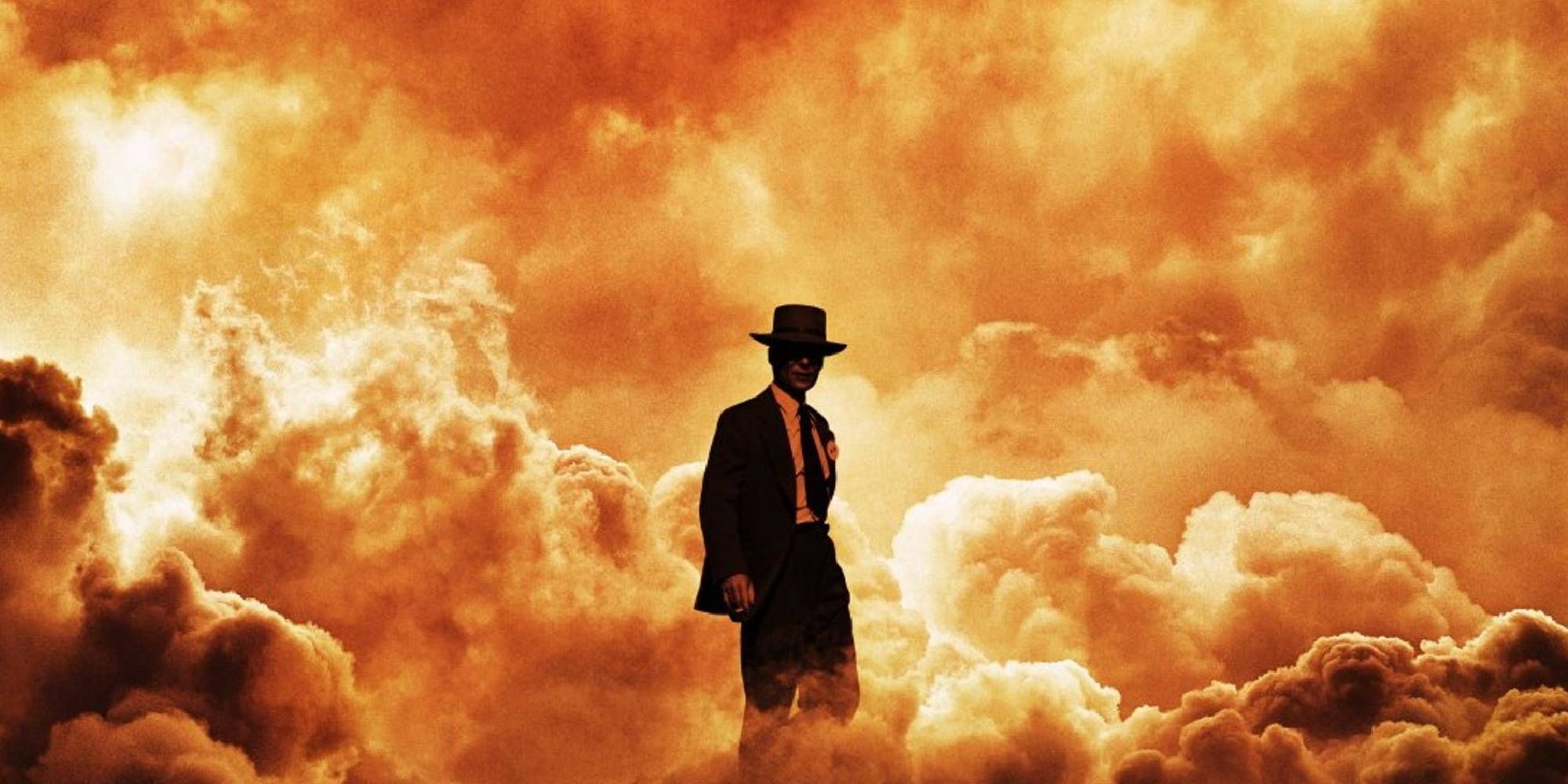Are we truly capturing history, or merely crafting captivating fiction?
The realm of cinema, while often striving for historical accuracy, frequently finds itself navigating the treacherous waters of interpretation, bias, and outright fabrication, particularly when depicting the lives of historical figures. The lure of a compelling narrative, the pressure of commercial viability, and the ever-present specter of political agendas can all contribute to a distorted portrayal of the past. The allure of historical films is undeniable. They offer a glimpse into bygone eras, introduce us to remarkable individuals, and illuminate pivotal moments that shaped our world. We eagerly consume these cinematic narratives, often accepting them as factual representations of events. Yet, a closer examination reveals that many "historical" films are more akin to carefully constructed interpretations, selectively highlighting certain aspects while conveniently omitting others. The desire to create a compelling story often trumps the commitment to historical accuracy, resulting in a narrative that is more entertaining than enlightening.
| Information |
|---|
| Subject | Historical Films and Accuracy |
| Focus | Examining the portrayal of historical figures in cinema and the potential for inaccuracies. |
| Key Themes | Interpretation, bias, fabrication, commercial viability, political agendas, historical accuracy, "Whitewashing in film". |
| Examples | Films about historical figures, biopics, fictional stories that change character's race, the movie 'Thief of Baghdad'. |
| Reference | History.com |
The issue of historical accuracy is further complicated by the inherent subjectivity of historical interpretation. Historians themselves often disagree on the significance of events, the motivations of individuals, and the underlying causes of societal shifts. These disagreements inevitably seep into cinematic portrayals, as filmmakers choose to embrace certain interpretations while rejecting others. The result is a film that reflects not only the historical record but also the filmmaker's own biases and perspectives. Every awards season, a fresh wave of biopics washes over the cinematic landscape, each vying for critical acclaim and box-office success. These films, often portraying notable historical figures, celebrities, and politicians, promise an intimate glimpse into the lives of those who shaped our world. Yet, beneath the veneer of historical accuracy lies a complex web of artistic license, narrative embellishment, and outright invention. While some biopics strive for authenticity, others prioritize entertainment, sacrificing historical truth for dramatic effect. The viewer is left to grapple with the question of what is real and what is merely a product of Hollywood's imagination. The notion that we have exhausted the well of historical figures worthy of cinematic adaptation is quickly dispelled by a cursory glance at the vast expanse of human history. For every Abraham Lincoln or Queen Elizabeth who has graced the silver screen, countless other compelling figures remain largely unknown to the general public. Their stories, often filled with untold struggles, remarkable achievements, and profound insights, await the attention of filmmakers willing to delve beyond the well-trodden paths of popular history. One particularly egregious example of historical distortion is the practice of "whitewashing," in which white actors are cast in roles originally intended for people of color. This practice, deeply rooted in systemic racism, perpetuates harmful stereotypes and erases the contributions of marginalized communities. The early example of Douglas Fairbanks in "The Thief of Baghdad" serves as a stark reminder of the long and problematic history of whitewashing in Hollywood. This practice is not only ethically questionable but also undermines the historical accuracy of the film. The film industry's obsession with "bankable" stars often leads to the casting of actors who bear little resemblance to the historical figures they are portraying. This can be particularly problematic when the actor's race, ethnicity, or physical appearance differs significantly from that of the historical figure. The result is a distorted representation that reinforces harmful stereotypes and perpetuates a false image of the past. The quest for historical accuracy in cinema is further hampered by the limitations of the medium itself. Films are, by their very nature, condensed and dramatized versions of reality. Complex historical events are often simplified, nuanced relationships are reduced to simplistic archetypes, and lengthy periods of time are compressed into a few key scenes. These compromises are necessary to create a compelling narrative, but they inevitably sacrifice historical accuracy. Explore a captivating collection of films that delve into the lives of iconic historical figures, revealing their struggles, triumphs, and unsung stories. These cinematic gems, carefully selected for their high "rotten" (presumably referring to Rotten Tomatoes scores or overall quality), offer a unique opportunity to engage with history in a dynamic and engaging way. Whether you are a seasoned history buff or simply curious about the past, these films promise to inspire, educate, and entertain. Consider the film "Hidden Figures," which tells the powerful story of three black female mathematicians who played a vital role in NASA during the early years of the U.S. space program. Mary Jackson (played by Janelle Mone), Katherine Johnson (played by Taraji P. Henson), and Dorothy Vaughan (played by Octavia Spencer) were pioneers in their field, overcoming both racial and gender discrimination to make significant contributions to the success of the American space program. While the film took certain liberties with the historical record, it brought to light a previously untold story of remarkable achievement and resilience. Release calendars are filled with new movie releases and the top 250 most popular movies that will keep you on the edge of your seats. Looking to browse movies by genre and view top box office hits or showtimes & tickets available, keep yourself updated with movie news. In addition to feature films, documentaries offer a valuable resource for exploring historical figures and events with a greater degree of accuracy. Documentaries often rely on primary source materials, expert interviews, and rigorous research to present a more nuanced and comprehensive picture of the past. While documentaries are not immune to bias or interpretation, they generally strive for a higher level of historical accuracy than fictionalized films. But even documentaries are not without their limitations. The selection of interview subjects, the framing of questions, and the editing of footage can all influence the viewer's perception of the subject matter. It is important to approach documentaries with a critical eye, recognizing that they represent a particular perspective on the past. So, how can we reconcile the inherent limitations of cinema with the desire for historical accuracy? One approach is to view historical films not as definitive accounts of the past but as interpretations, inviting viewers to engage with history in a more critical and thoughtful way. By recognizing the biases and limitations of cinematic portrayals, we can use them as a springboard for further research and exploration. Rather than blindly accepting the narratives presented in historical films, we should seek out additional sources of information, such as books, articles, and primary source materials. By comparing and contrasting different accounts of the same events, we can develop a more nuanced and comprehensive understanding of the past. Moreover, we should be aware of the potential for films to perpetuate harmful stereotypes and reinforce existing power structures. By critically examining the representation of marginalized groups in historical films, we can challenge dominant narratives and promote a more inclusive and equitable understanding of history. The key to navigating the complex world of historical cinema is to approach it with a healthy dose of skepticism and a commitment to critical thinking. By recognizing the limitations of the medium, seeking out diverse perspectives, and engaging with history in a thoughtful and informed way, we can unlock the true potential of historical films as a tool for learning, inspiration, and social change. The release calendar is your guide to the latest cinematic offerings, showcasing the top 250 most popular movies alongside a diverse selection of films categorized by genre. Whether you're seeking the thrill of a blockbuster or the intrigue of an independent film, the release calendar provides a comprehensive overview of the current cinematic landscape. For those seeking a deeper dive into the world of cinema, browsing movies by genre offers a convenient way to discover films that align with your personal tastes. From action and adventure to comedy and drama, the genre categories provide a framework for exploring the vast and diverse landscape of film. Keep abreast of the latest box office sensations and secure your tickets in advance with up-to-date showtime information. Whether you're planning a night out with friends or a solo cinematic adventure, access to showtimes and tickets ensures a seamless and enjoyable movie-going experience. Stay informed about the latest developments in the film industry with comprehensive movie news coverage. From casting announcements and production updates to film reviews and industry analysis, movie news provides a valuable resource for cinephiles seeking to stay connected to the world of film. And for those with a particular interest in the Indian film industry, dedicated resources provide access to the latest movie news, release dates, and reviews of Bollywood and regional Indian cinema. Explore the vibrant and dynamic world of Indian films, from traditional epics to contemporary dramas. But beyond mere entertainment, cinema has the power to educate, inspire, and challenge our perceptions of the world. Films about historical figures, in particular, offer a unique opportunity to engage with the past in a meaningful way. These films can transport us to different eras, introduce us to remarkable individuals, and illuminate pivotal moments that shaped our present. The "likewise newsletter" serves as a valuable tool for staying informed about new and trending shows, movies, and books, delivered directly to your inbox. This curated selection of content ensures that you are always up-to-date on the latest cultural trends and can discover new and exciting forms of entertainment. By subscribing to the newsletter, you gain access to a wealth of information about the latest releases, critical reviews, and behind-the-scenes insights. This curated content helps you make informed decisions about what to watch, read, and experience, ensuring that you are always at the forefront of cultural trends. The "likewise newsletter" is more than just a list of recommendations; it is a gateway to a vibrant and diverse world of entertainment. By subscribing, you become part of a community of like-minded individuals who share a passion for culture and creativity. It's crucial to remember the power of cinema. It can shape perceptions and influence understanding, especially when it comes to historical events. The responsibility lies with both the filmmakers and the audience to approach these films with a critical eye, recognizing that they are interpretations, not definitive truths. Consider the impact of "whitewashing" the practice of casting white actors in roles originally intended for people of color. This not only perpetuates harmful stereotypes but also distorts historical accuracy, erasing the contributions and experiences of marginalized communities. The early example of Douglas Fairbanks in "The Thief of Baghdad" stands as a stark reminder of this ongoing issue. In conclusion, while historical films offer a compelling and engaging way to explore the past, it is essential to approach them with a critical eye. By recognizing the limitations of the medium, seeking out diverse perspectives, and engaging with history in a thoughtful and informed way, we can unlock the true potential of historical films as a tool for learning, inspiration, and social change. The key is to remember that these films are interpretations, not definitive truths, and that the pursuit of historical accuracy requires a constant and ongoing commitment to critical thinking and research.


